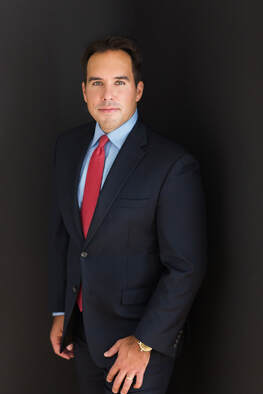Urinating in Public 15th District Court - Former Prosecutor
Call Me: 248-924-9458Ann Arbor Urinating in PublicIn Michigan there are a few charges that can be associated with urinating or defecating in public. The more serious route is the State of Michigan offense of Indecent Exposure. In Michigan there is a simple and aggravated indecent exposure when they knowingly make any open or indecent exposure of his or her person to another person.
It becomes the more serious aggravated when the indecent exposure involves fondling yourself or engaging in any sexual acts. Aggravated indecent exposure is essentially masturbating in public, which is a felony offense that carrying a maximum penalty of up to two years in the state prison as well as a fine of up to $2000. Simple indecent exposure is a misdemeanor offense. Urinating in public could be charged as indecent exposure or it can be charged as a local ordinance as public urinating, which is still a 90-day criminal misdemeanor. The City of Ann Arbor along with other cities, townships and villages have this unique offense on the books. As a former prosecutor, I would look at the facts of the case before deciding on how to approach and charge the case; I could always amend to a more serious offense or reduce to a less serious offense. Things to consider: Was the person urinating/exposing themselves in the middle of the day with the intention of people seeing the act, or was it 3 am in a dark alley, but the police catch them? There's cases of people sitting in the car or in the movie theater exposing themselves; those cases are the indecent exposure cases; peeing in the dark alley or behind the bush after 3 am are the public urination cases in my opinion. The problem for someone charged, even with the "less serious" version is the perception of that charge on your record; it would be both embarrassing and devastating for your future. Imagine applying for a job or to a graduate school with that offense on your record, how confident do you feel in getting the benefit of the doubt? I don't ever want a client to leave a case with this offense on their record. Even if we're only charged with the urinating in public and not indecent exposure, we need to be aware that the more serious charge could still be a possibility if a prosecutor amends the charge, because the police officer only issues a ticket, the prosecutor can always add or amend charges. I would say 99.9 percent of my clients that are charged with urinating in public have been drinking prior to being caught by the police. The clearest way to think about the offense is "would you have done this at 1 pm during your lunch break on a Tuesday?" - if the answer is no (and it typically is), then the alcohol is why this happened. I've never had a client who urinates in public because they think its acceptable and a good way to approach life; they drink a bit too much and they simply don't properly weigh the consequences of their actions. They assume (and they would normally be right) that they will get away with it, they really HAVE TO GO and it's worth the risk. Reflecting back, they of course admit it was not a wise choice, and they wish they HELD IT or found another means to go to the bathroom. In reality there are worse things to do when you've had too much to drink. Peeing in public is unacceptable and against the law, but there are means to resolve this type of case without this charge branding you forever. Assuming my client drank too much, there may be other charges associated with urinating, such as an MIP, fake ID, disorderly conduct etc. Let's simplify it and assume we are only charged with the UIP. The best way in my opinion to get at the heart of the issue is to address the alcohol consumption. If my client made this choice due in part to the alcohol consumption, well they probably drank too much and it impacted the way they would normally behave (back to that lunch time example). I may have a client attend an AA meeting or two, write a reflection piece to gain some additional insight into how alcohol can lead to bad choices that then lead to criminal charges. We might take an alcohol insight and awareness course, see a counselor for a session, and may even jump into a day or two of volunteer work. We need to take the STINK off the case and show who the client actually is; someone who can reflect upon a poor choice in life, grow and learn from it, and go forward and make better choices. When a client goes to court, the only thing the prosecutor and judge knows about the client is their name, age, and what they are charged with; not a favorable pool of information to get the best result; this is the first impression. I try to create a TRUE impression for my client's - highlight who my client is outside of this incident, and show that additional reflection back on the incident, steps they have taken to address the issue and where they are going in the future with a better mindset. If we can do that, we can resolve the case, and avoid a long-term stain on one's record. |
|





